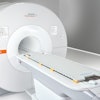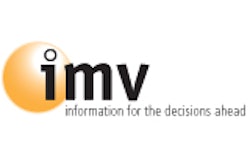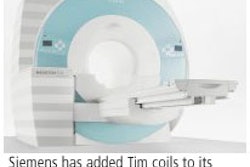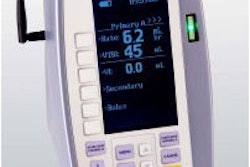MRI may have lost a bit of radiology's spotlight in 2005 as attention shifted to the new generation of 64-slice CT scanners, but the modality continues to push ahead with clinical and technical advances.
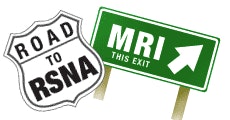
Indeed, the MRI market is undergoing a significant shift to field strengths stronger than 1.5 tesla, according to market research and consulting firm IMV Medical Information Division of Des Plaines, IL. In mid-2004, just 1% of installed MRI magnets were greater than 1.5 tesla. That percentage is shifting: an IMV survey found that, of sites planning to buy an MRI scanner some time between 2005 and 2008, 14% said they would buy a magnet with a field strength greater than 1.5 tesla.
Interest in extremity scanning continues to percolate, thanks to a growing market among orthopedic physicians installing the compact scanners in their own offices (a practice currently exempt under Medicare's Stark guidelines against self-referral). One established imaging vendor will be entering the U.S. extremity MRI market thanks to a new marketing and distribution relationship, adding to the pool of companies in this segment.
Breast MRI will be a major topic of discussion in the scientific sessions at this month's meeting. The modality has been cementing its role in breast imaging, particularly due to its ability to image women with dense breast tissue and its capability to pinpoint very small lesions. Work remains to be done, however, and researchers continue to address the issue of how to assess and reduce false positives generated by the modality. New technologies are improving breast MRI's performance, and look for RSNA presentations to cover such ground as computer-aided detection (CAD) and spectroscopy.
Cardiac MRI is another developing clinical application, with IMV data indicating that 14% of surveyed imaging sites are considering the purchase of a cardiac-approved MRI scanner in 2005-2008. Cardiac MRI will also receive attention in the RSNA scientific sessions, with papers examining the modality's use in applications ranging from diagnosing myocarditis to assessing thrombus in the left atrial appendage. One paper will examine the hazards presented by the scanning of patients who have implanted pacemakers.
For a full rundown on new products and technologies to be shown on the technical exhibit floor, just click on the links below.

